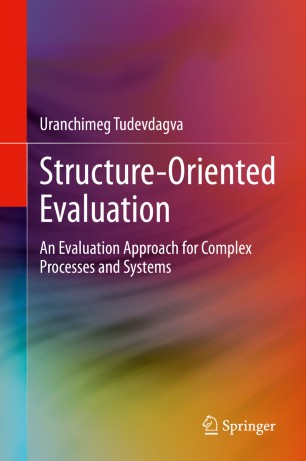

Most ebook files are in PDF format, so you can easily read them using various software such as Foxit Reader or directly on the Google Chrome browser.
Some ebook files are released by publishers in other formats such as .awz, .mobi, .epub, .fb2, etc. You may need to install specific software to read these formats on mobile/PC, such as Calibre.
Please read the tutorial at this link: https://ebookbell.com/faq
We offer FREE conversion to the popular formats you request; however, this may take some time. Therefore, right after payment, please email us, and we will try to provide the service as quickly as possible.
For some exceptional file formats or broken links (if any), please refrain from opening any disputes. Instead, email us first, and we will try to assist within a maximum of 6 hours.
EbookBell Team

4.7
56 reviewsThis book introduces a new branch of evaluation theory, where evaluation and score calculation is embedded into general measure theory, as is typical in geometry, probability theory and reliability theory. The author describes the theoretical background of new evaluation model for complex processes, where interests of involved groups are considered as multi-players of evaluation process. Readers will learn how the logical structure of a process/system can be included into an evaluation. The author applies these techniques not only to the visualization of evaluation goals, but also the designed logical structure becomes the basis for calculation of evaluation scores. Various examples are provides to demonstrate the implementation of the methods.